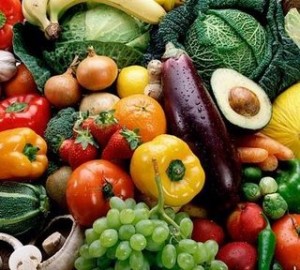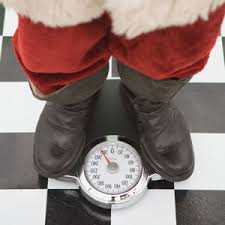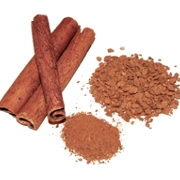Last week, we summarized a literature review that explained how stress leads to overeating and ultimately contributes to weight gain.
This information didn’t come from a meta analysis, but from a different kind of large-scale study called a literature review. We asked Janis Whitlock, a research scientist in the Bronfenbrenner Center for Transnational Research and Director of the Cornell Research Program on Self-Injury and Recovery, to explain the difference. Here’s what she had to say: [Read more…]











